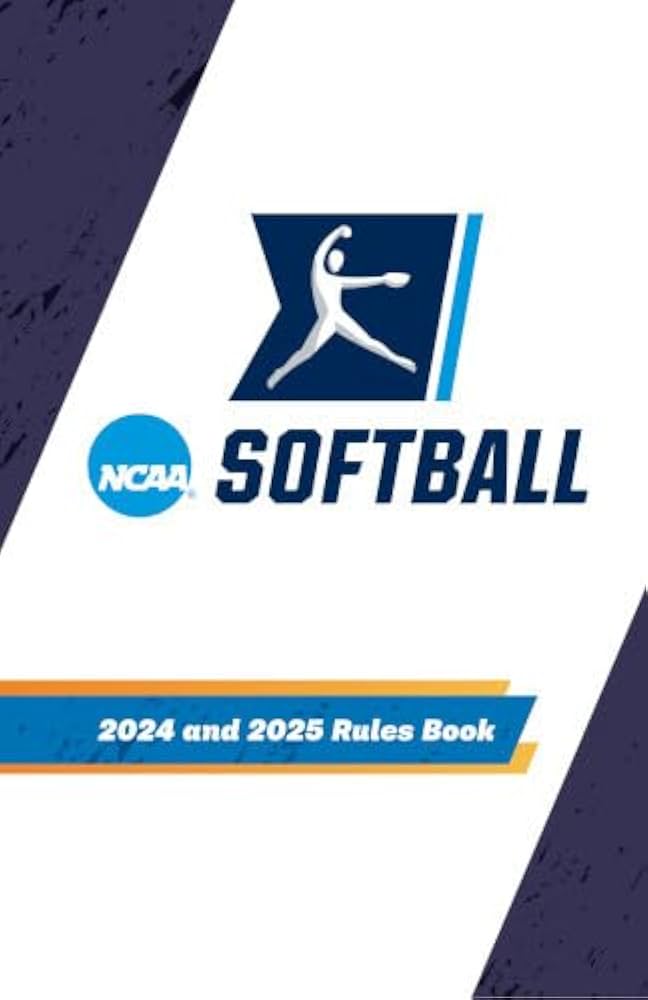College softball is known for its high-energy games, long rallies, and frequent scoring, which led to the implementation of the “run-ahead” rule, often referred to as the mercy rule. This rule allows teams to end games early if they establish a dominant lead, creating a more efficient conclusion to the game when one side is clearly outmatched. In the 2022 season, national champion Oklahoma employed the mercy rule an impressive 41 times in 62 games, showcasing just how effective the rule can be in top-tier play.
What Is the Run-Ahead Rule?
The run-ahead rule in NCAA Division I softball states that if one team holds an eight-run lead or more after five full innings, the game can be called by the plate umpire, declaring the team in the lead the winner. This rule helps avoid unnecessary prolongation of games where the outcome is virtually certain. However, specific conditions must be met for the rule to come into effect.
To apply the run-ahead rule, five complete innings must be played unless the home team reaches the eight-run lead during its turn at bat. In such cases, the game can end after four and a half innings, provided the visiting team has had its full opportunity to bat. If the visiting team secures an eight-run lead during the fifth inning or any subsequent inning, the home team is still allowed to complete their at-bat in the bottom half of the inning before the game is officially called. This ensures fairness, giving both teams the chance to play equal innings whenever possible.
Run-Ahead Rule in Postseason Play
The run-ahead rule also applies to postseason play, including the NCAA tournament and the prestigious Women’s College World Series (WCWS). Even during the intense and competitive environment of the WCWS championship series, the mercy rule is used, maintaining consistency across both the regular and postseason. This ensures that games where one team has established a clear advantage are not unnecessarily extended, allowing the tournament to progress efficiently without diminishing the quality of play or the significance of the games.
Why the Rule Is Important
The run-ahead rule was designed to keep games engaging and respectful, particularly when one team holds a dominant advantage. It prevents games from dragging on when a comeback is highly improbable, preserving the competitiveness and excitement of the sport. It also helps protect athletes by minimizing unnecessary fatigue or risk of injury in games where the outcome is already clear. In a sport that can be fast-paced and physically demanding, the mercy rule ensures a balance between maintaining the spirit of competition and safeguarding players’ well-being.
In summary, the run-ahead rule in college softball plays a critical role in managing game length and ensuring competitive fairness. By allowing games to end early when one team has established a significant lead, the rule keeps the sport dynamic and prevents overly lopsided contests from dragging on. Whether during the regular season or in the high-stakes environment of the Women’s College World Series, the mercy rule helps maintain the intensity and pace that college softball is known for.






